Happy New Year to All! Good bye 2020. Welcome 2021.
The past years, I have posted New Years Eve and Day Traditions and Superstition ( see website at end of this blog) in the Philippines. Today I am reprinting for your information 12 Fascinating New Years Eve traditions from other parts of the world as follows:
Twelve Fascinating New Year’s Eve Traditions from Around The World by

In the U.S., we usher out the last day of the year with cocktails, ball drops and fireworks. Elsewhere, other types of symbolism play a big role in this final holiday of the season.
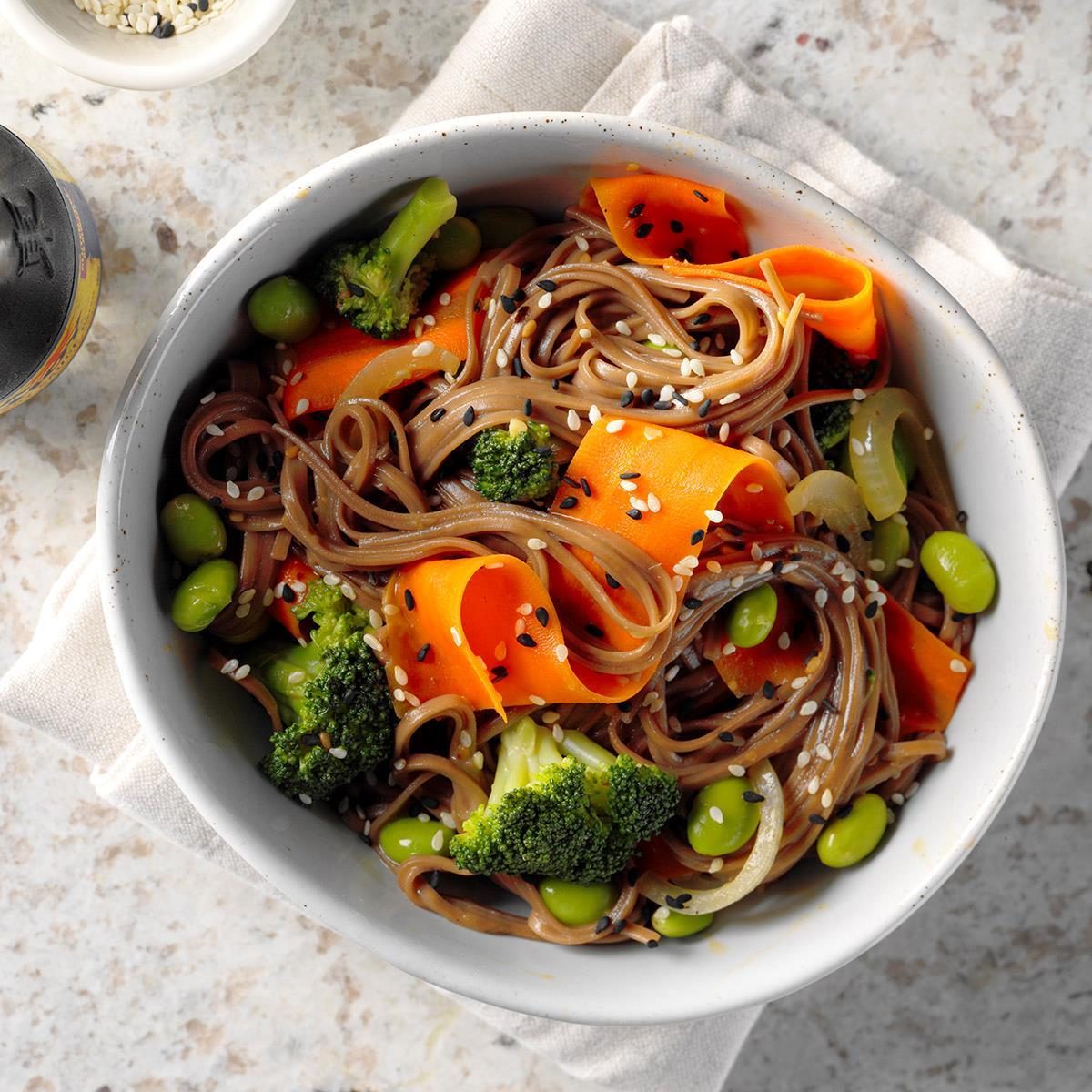
Japan
Just before midnight on New Year’s Eve, the Japanese eat soba noodles. The Toshikoshi soba, which translates to a “year-crossing” buckwheat noodle dish, has lots of symbolism. The long noodle denotes the crossing from one year to the next. Since it’s an easily cut noodle, it signifies a letting go of the past year’s regrets—a cutting-off, if you will, before the fresh start the new year brings.
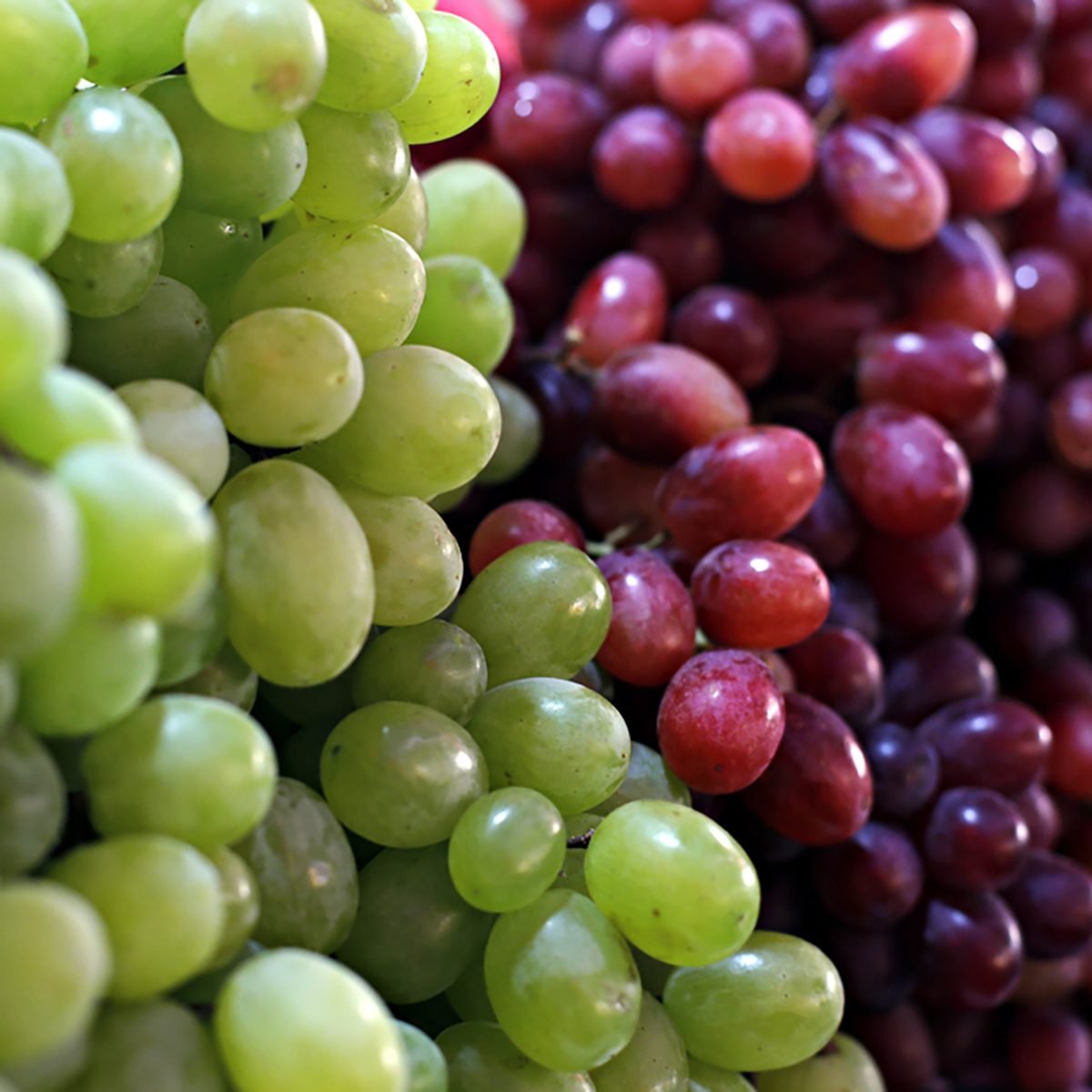
Spain
In Spain, with 12 seconds remaining until the New Year, people eat 12 green grapes to bring good luck in the coming year. It’s thought to be bad luck if you can’t eat them all by the final midnight chime. But gobble them down in time and 12 months of good fortune will come your way.
4 / 13
France
The French usually ring in the New Year with a huge feast, commonly know as le réveillon de la Saint-Sylvestre. The meal is full of traditional, decadent eats, including foie gras, oysters, lobster and escargot. And, just like in the U.S., champagne is the drink of choice.
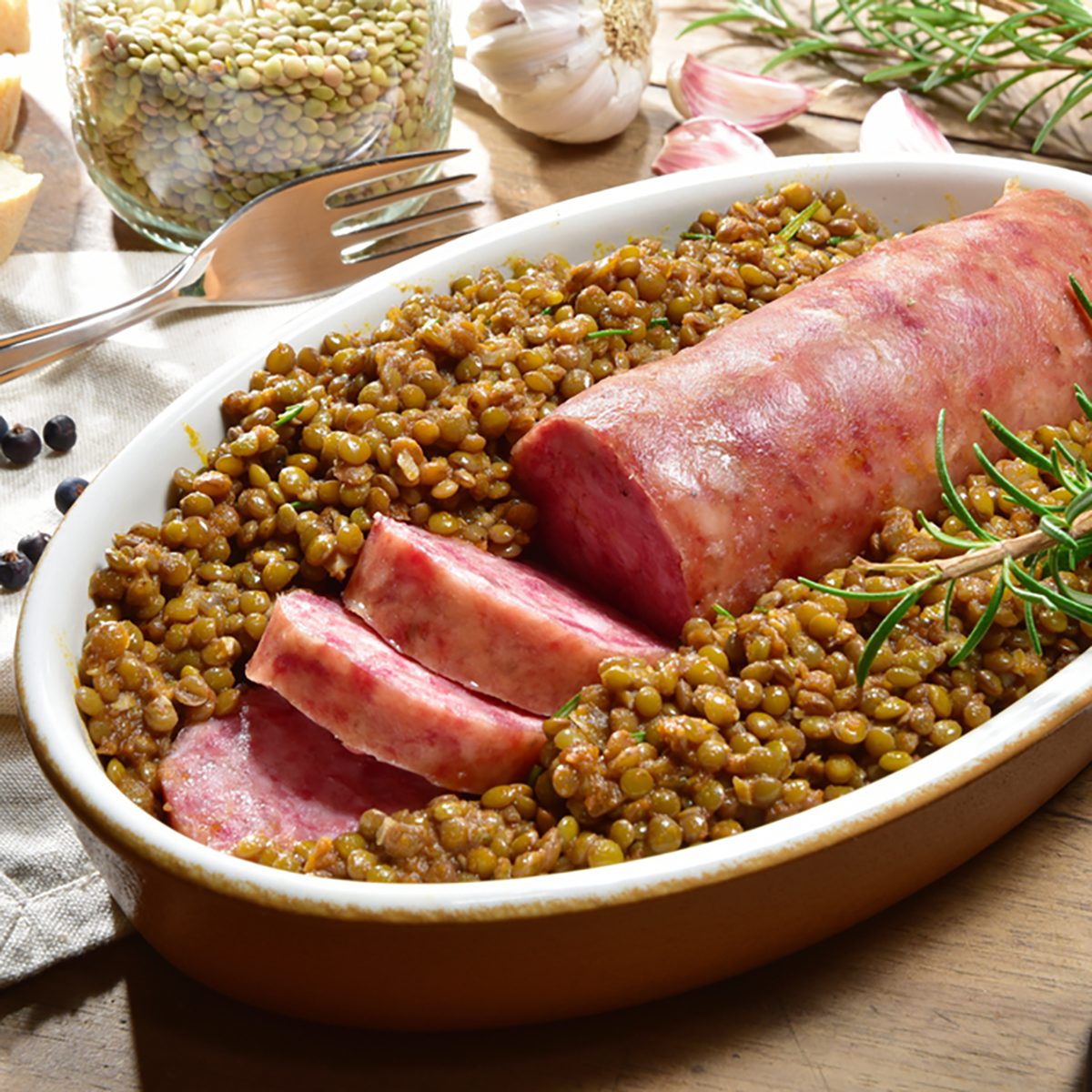
Italy
Italians love lentils for their coin-like shape, symbolizing luck and prosperity. A New Year’s Eve dinner usually features this legume to bring on luck in the coming year. Pork is often added to lentil dishes in the form of cotechino, a spicy sausage, or zampone, a deboned pig trotter, to represent the plenitude of the land.

Colombia
On the last night of the year, Colombians place three potatoes—one peeled, one unpeeled, and one half peeled—under their beds. At midnight, they pull out the first potato they touch. Peeled means they’ll have financial problems, unpeeled indicates abundance, and half peeled…well, somewhere in between.

Australia
Australians celebrate the New Year with midnight fireworks in cities and towns throughout the country. Firework displays are launched off bridges, such as the Sydney Harbour Bridge, from jetties along the beaches, and on river banks, with the lights of the fireworks sparkling off the water. In a typical year, people pack picnic baskets and arrive hours early to get the best viewing spots.

The Philippines
Filipino culture celebrates the New Year by serving 12 round fruits. The round shape symbolizes coins, which represent prosperity and wealth for each month of the upcoming year. Apples, melons, oranges and grapes are popular picks, but any round fruit will do.
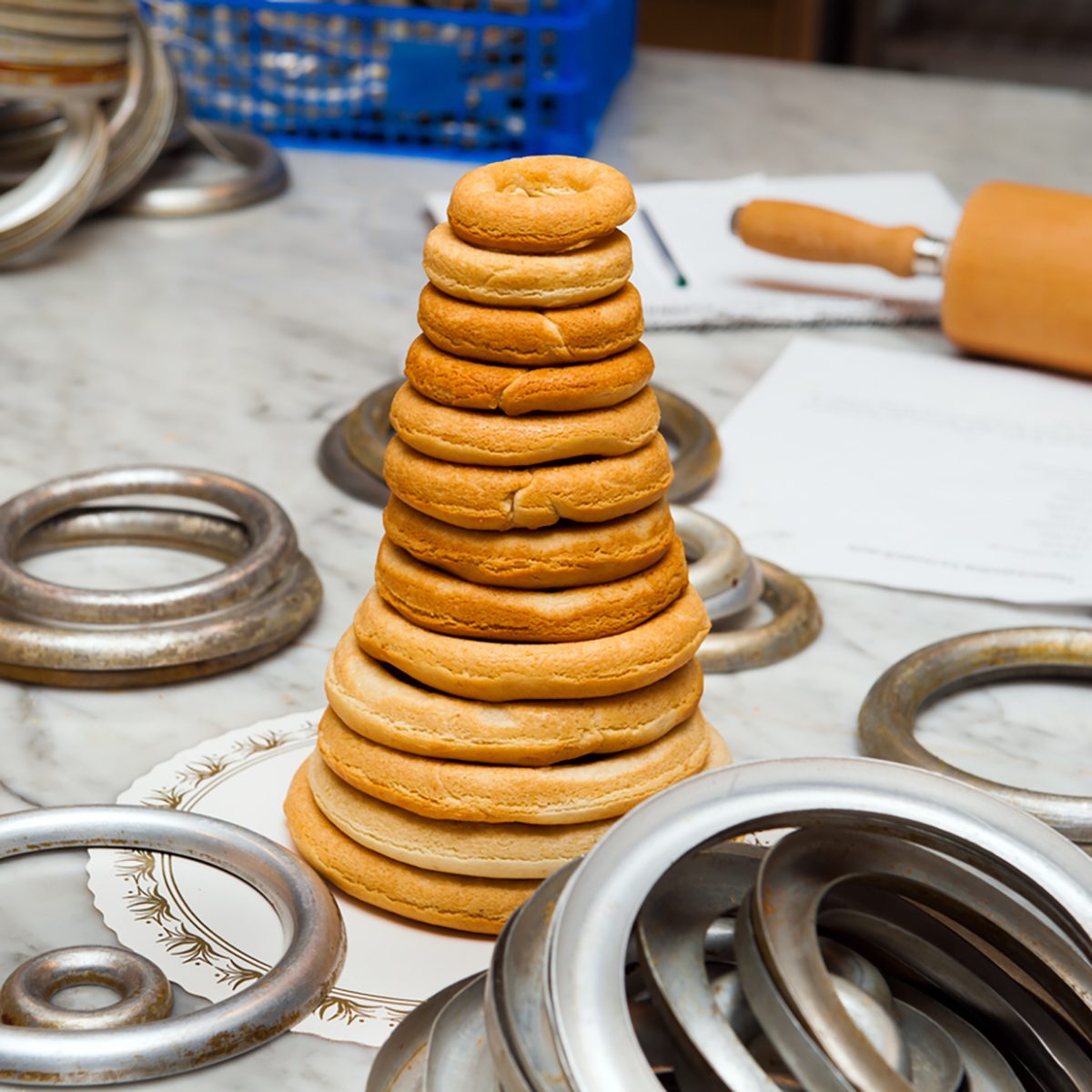
Denmark
After a traditional New Year’s Eve meal of boiled cod with mustard, the Danes eat a tower of marzipan doughnuts called kransekage, meaning “wreath cake.” It was once called overflødighedshorn (cornucopia), because the whole doughnut tower was tipped on its side, with chocolate and treats spilling out. This traditional cake is also served at weddings and birthdays.

Canada
In rural areas of Canada, New Year’s Eve is a time to spend ice fishing with friends. Celebrations on the frozen ponds and rivers tend to last all night as buddies fish in the open or in fishing shacks and perhaps catch a fish or two to help celebrate the coming year.

Ireland
The Irish have a tradition of banging bread against the walls of their houses on New Year’s Eve. The idea is that bad luck and evil spirits are chased away and good luck is invited in. It also ensures that the coming year will be filled with an abundance of bread and other food.
12 / 13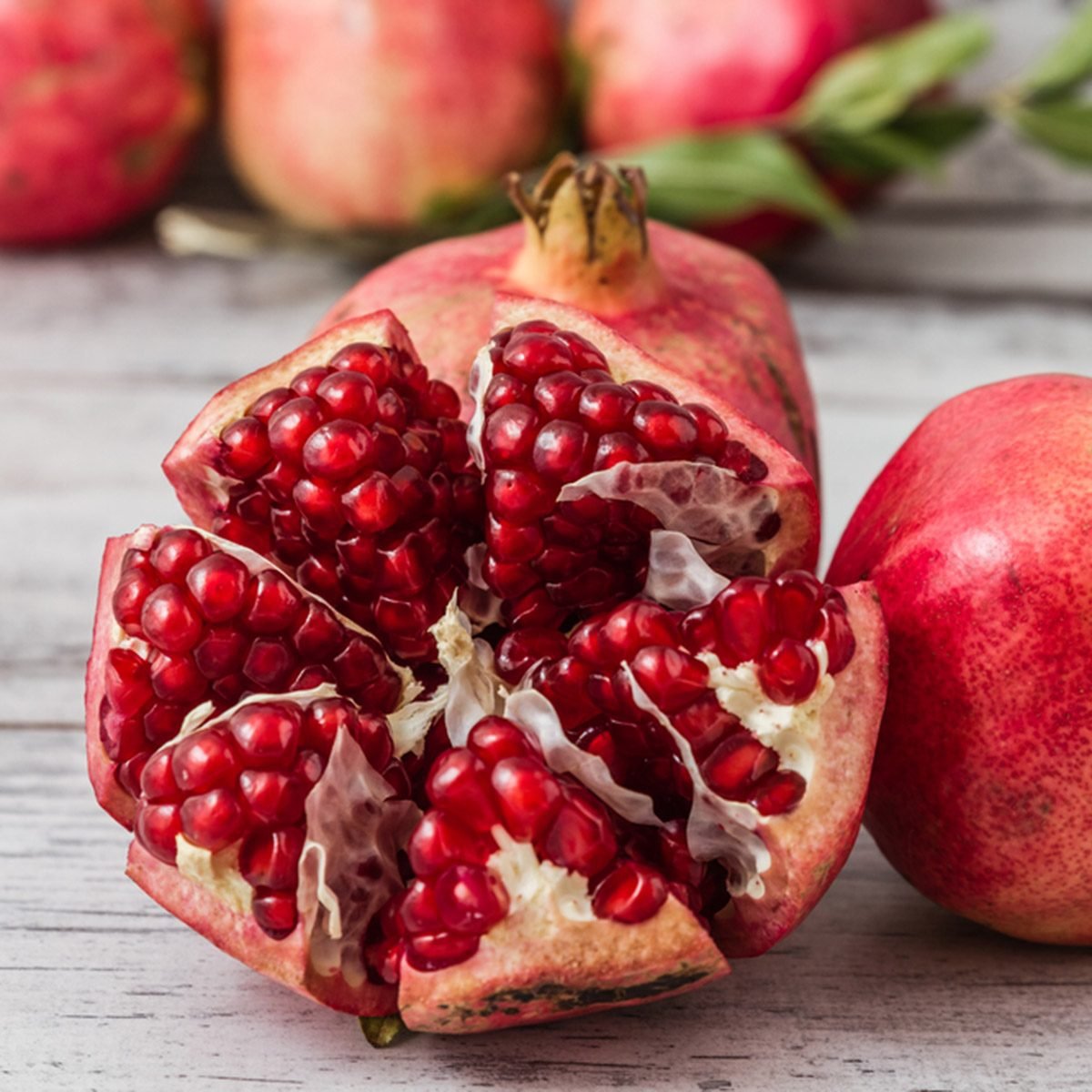
Brazil
In Brazil, particular foods are eaten to invite good luck for the coming year. Seven is the lucky number on New Year’s Eve, so seven pomegranate seeds are eaten to keep the purse full, and seven grapes ensure abundance in all areas of life. Some Brazilians also jump over seven waves in the ocean and make seven wishes for the new year as they leap.
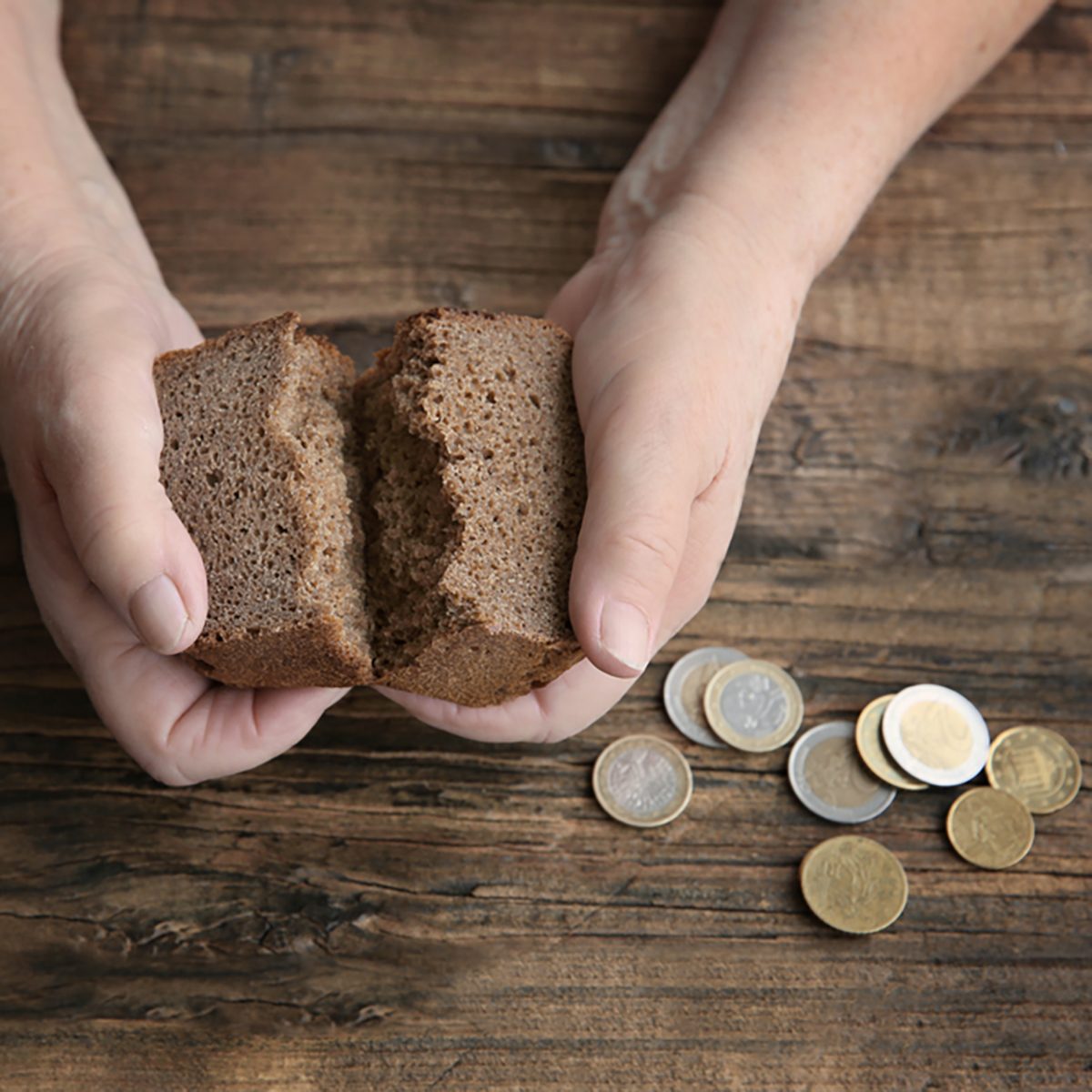
Greece
The Greeks ring in the new year by eating vasilopita, a sweet yeast bread. Eaten at midnight, the bread is made in honor of Greece’s revered St. Basil. Before serving the family, beginning with the oldest member, households set a slice of bread aside for the saint and another portion for those in need. A coin is baked into the bread and the person whose slice contains the coin is in for a year filled with good fortune.
https://marinduquemyislandparadise.blogspot.com/2019/12/new-years-eve-and-day-superstition-in.html
https://holidappy.com/holidays/New-Years-Eve-Superstitions-and-Traditions
Meanwhile enjoy this dish I ate for lunch today with steam white rice
Fish Cod Fillet with Red Peppers and Black Bean Sauce



No comments:
Post a Comment